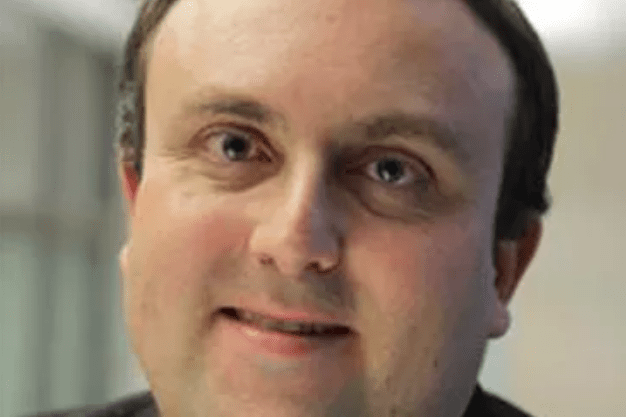Market round-up: September

The second reading of the Civil Liability Bill took place in the House of Commons on 4 September, and the big news was that the government will remove vulnerable road users – mainly pedestrians, cyclists and horse riders – from the impact of all the whiplash reforms, including the higher small claims limit.
But what else did we learn? The views expressed on both sides of the House went the way you would expect – Conservative MPs in favour and Labour MPs against.
The notable exceptions were Bob Neill – the Conservative chair of the justice select committee – and former committee member and ex-solicitor Alberto Costa, another Conservative who in the past has expressed some scepticism about the insurers’ arguments. They showed that they could at least see the other side of the argument.
Those arguments were very familiar to anyone who has followed the passage of the legislation to date. I was particularly struck by the use of statistics. If you are in favour of reform, you cite CRU figures showing how many more motor claims there were in the last year than a decade ago. If you are against, you point out that the CRU figures have been falling since 2010. Both are true.
I found the contribution by Labour’s Jo Stevens, a former Thompsons solicitor, to be the most compelling from those opposed to the bill. One of her themes was the danger of some claims management companies (CMCs) taking advantage of the small claims rise.
She said: “We, I think, are united in this House against their pernicious influence and irritating methods, but in the impact assessment it actually states: ‘There may be the potential for a rise in CMCs seeking to enter the market to support claimants without legal representation.’
“There is no ‘there may be’ about it: it will happen. Of course they will move in. They will offer poor legal advice on the cheap, maximising their profits on the back of others’ misery, as they have always done. If the government really cared about the consumer, they would be listening to public opinion and introducing an outright ban on cold calling for personal injury claims by CMCs.”
I know that First4Lawyers, which will not be one of those CMCs, supports this.
Indeed, Labour’s Ruth George insisted that if the government banned cold calling and information going from insurance companies to CMCs, “they would find that the problem of excess claims was dealt with to a large degree” and the provisions of the bill would not be needed. That is, of course, wishful thinking.
But perhaps the comment that should chill claimant solicitors most came from Lord Chancellor David Gauke, when asked by Labour MP Dr David Drew whether he would monitor the impact of the bill on personal injury lawyers, “as it is already difficult to get lawyers to stay in that field”.
Mr Gauke replied: “I think that it would be fair to say that personal injury lawyers have demonstrated adaptability in recent years and that the sector has proved to be resilient.” That is, he doesn’t care. You already knew that, I guess, but he spells it out here.
For some reason, the government is in a rush to push the bill through Parliament. The second reading was held on the day Parliament returned from the summer recess and the two days of the committee stage – where a group of MPs will debate the detail of the bill line by line – will be on 11 and 13 September, the latter being the day Parliament rises for the party conferences. It’s back again on 9 October.
Labour has already indicated that it plans to lay an amendment to limit the bill to injuries of just a year’s duration, rather than two, and there is clearly going to be quite an argument over this and other parts of the bill. Less so over the discount rate aspect, it would appear – one of the main issues is whether the government should consult the independent panel that is being put in place for the first review of the rate, which will happen straight after the bill becoming law. The government currently says not, because it wants to move quickly, but there is a strong case for saying it should.
I never like to finish articles saying ‘Only time will tell’, but when it comes to whether the government will make any more concessions, it is currently the only thing anyone can say with certainty.

